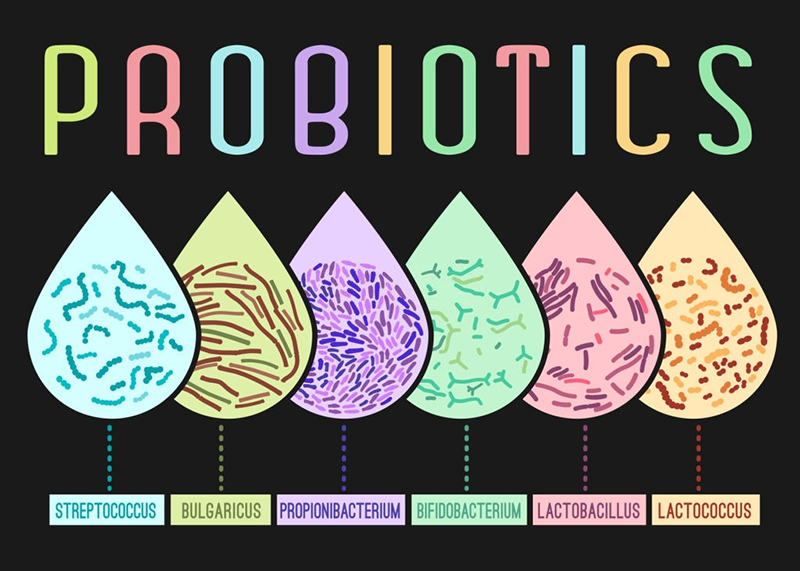Are you interested in improving your gut health but struggling to understand what probiotics are and how they work? Well, you’re in the right place! This beginner’s guide will give you all the information you need to know about probiotics.
What Are Probiotics?
Probiotics are living microorganisms, often referred to as “good” or “friendly” bacteria, that can provide health benefits when consumed in adequate amounts. Most probiotics are strains of Lactobacillus and Bifidobacterium, although there are other types too. Probiotics are commonly found in some fermented foods, such as yogurt, kefir, and sauerkraut. However, they are also available as dietary supplements in various forms, such as capsules, tablets, and powders.
How Do Probiotics Work?
Our gut is home to trillions of bacteria, both good and bad. Having a balance of these bacteria is crucial for our health, and probiotics can help restore that balance. Probiotics work by colonizing the gut and competing with harmful bacteria for limited resources, such as nutrients and space. They can also produce certain compounds or enzymes that inhibit the growth of harmful bacteria or promote the growth of beneficial bacteria. Additionally, some probiotics can strengthen the gut lining, which can lead to a stronger immune system.
What Are the Benefits of Probiotics?
The potential health benefits of probiotics are vast, and more and more research is being conducted to explore these benefits. Here are a few of the most commonly cited benefits:
1. Improving Gut Health
Probiotics are most well-known for their potential to improve gut health. They can help alleviate symptoms of digestive issues, such as irritable bowel syndrome (IBS), constipation, and diarrhea. Probiotics may also improve nutrient absorption and reduce inflammation in the gut.
2. Boosting Immune System
A healthy gut is essential for a strong immune system, and probiotics can help strengthen the gut. Some strains of probiotics may even have specific immune-boosting properties, such as the ability to stimulate the production of antibodies.
3. Supporting Mental Health
There is some evidence to suggest that probiotics may have a positive impact on mental health. Certain strains of probiotics may help reduce symptoms of anxiety and depression, although more research is needed in this area.
4. Improving Heart Health
Some strains of probiotics may help improve heart health by reducing cholesterol levels and blood pressure. However, more research is needed to confirm these potential benefits.
How Do You Choose a Probiotic?
With so many different probiotics available, choosing the right one can be overwhelming. Here are a few things to keep in mind when selecting a probiotic:
1. Look for Specific Strains
Different strains of probiotics have different benefits. Look for a probiotic that contains specific strains that have been studied and found to be effective for your particular health concern.
2. Check the Colony-Forming Units (CFUs)
CFUs refer to the number of viable bacteria in a probiotic supplement. Look for a product that contains at least 1 billion CFUs per dose. However, keep in mind that more CFUs doesn’t necessarily mean a better product.
3. Consider the Delivery System
The delivery system can affect the effectiveness of a probiotic supplement. Look for a product that has a delayed-release capsule, which can protect the bacteria from stomach acid and ensure they reach the intestines alive.
How Should You Take Probiotics?
There is no one-size-fits-all answer to this question, as the optimal way to take probiotics depends on various factors, such as the type of probiotic, the health concern being addressed, and whether or not a dietary change is also being made. Here are a few general tips to keep in mind:
1. Follow the Instructions on the Label
Probiotic supplements should come with clear and specific instructions regarding dosage







